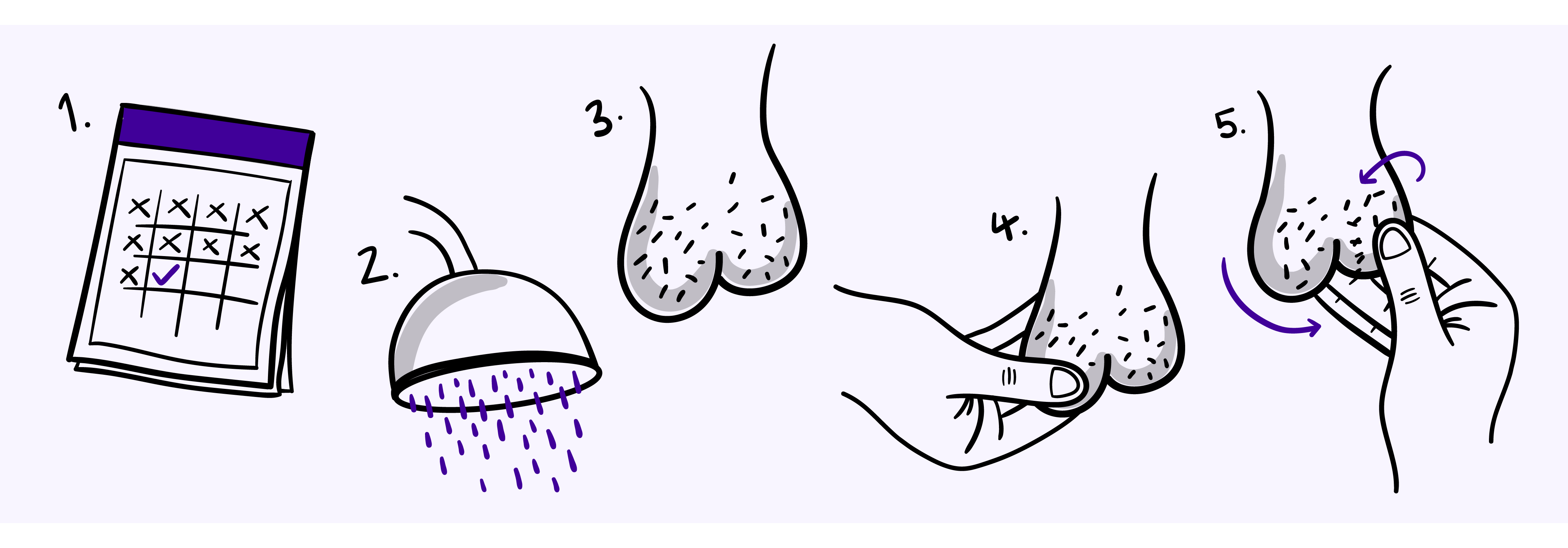Testicular cancer is the most common cancer to affect young men, aged 15 to 45, in the UK1.
2,200 men are diagnosed with testicular cancer every year in the UK2 and statistics show that the earlier it is caught - the better the outcome and chance of being cured.
There isn’t currently any way of screening for testicular cancer but by being aware of how to examine your testicles and making sure you are familiar with what’s normal for you - you’re more likely to pick up any early changes.

How to self-examine your testicles
- Try to examine your testicles every month
- A good time to do so is when having a warm shower or bath
- Examine one testicle at a time
- Put your thumb on one side of the testicle and your fingers on the other
- Gently, with light pressure, run your fingers over and around the whole testicle, checking for any lumps or bumps, pain or swellings

What to do if you find a lump or something you’re worried about
Firstly, don’t panic. Testicular cancer is very rare. Also, testicles tend to be quite lumpy at the back and that is normal as it’s where the epididymis lies. The epididymis is a long coiled tube that stores and carries sperm from the testes to the penis and it can feel very different from the smooth surface of the testicle.
By becoming familiar with your testicles and what lumps are normal for you, you’re more likely to spot any changes.
It is important to get testicular lumps checked out by a doctor, as although the chances of a lump being cancer are small - it isn’t worth putting off being examined. If it is cancer - it is best caught early.
References

